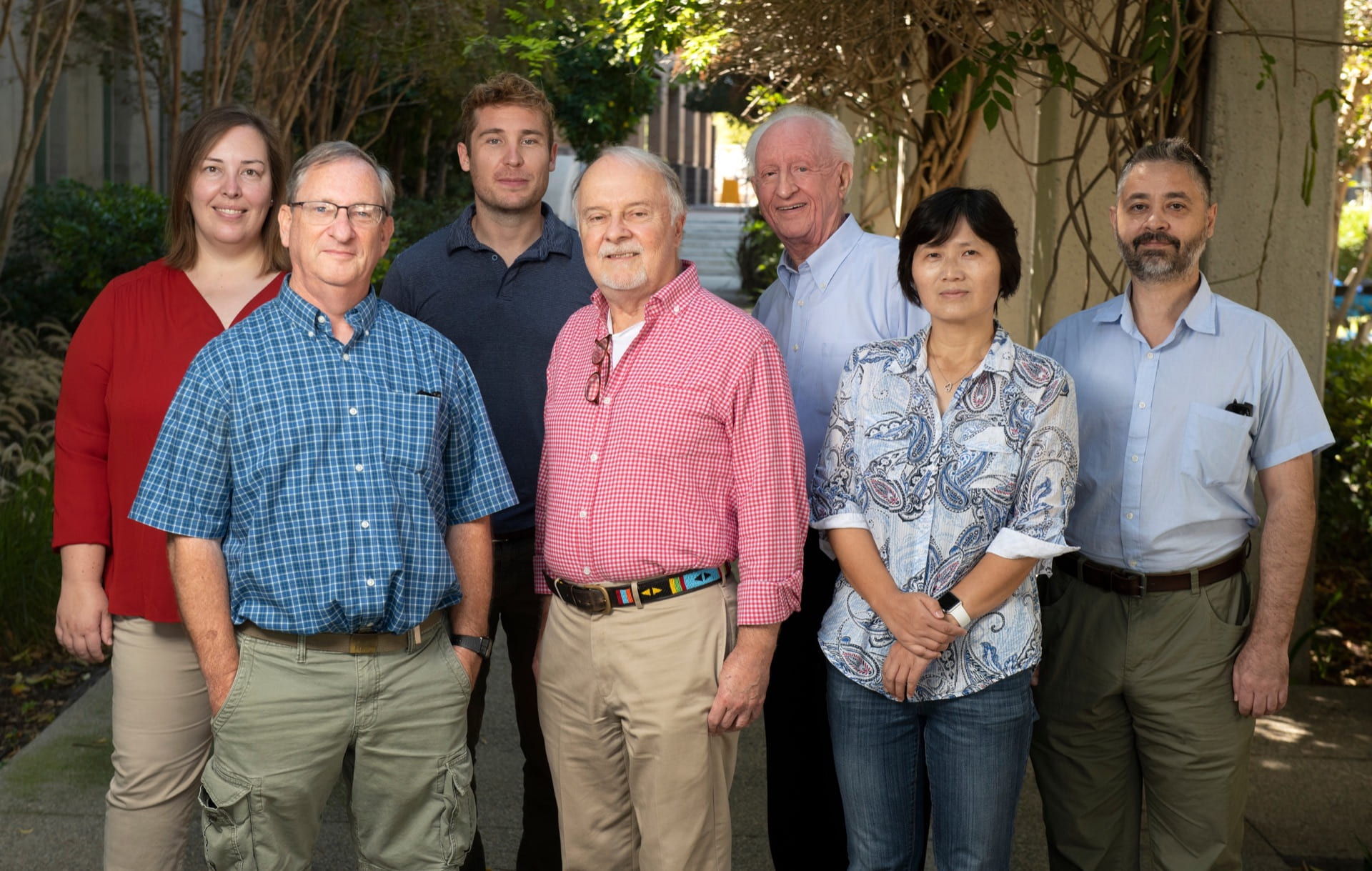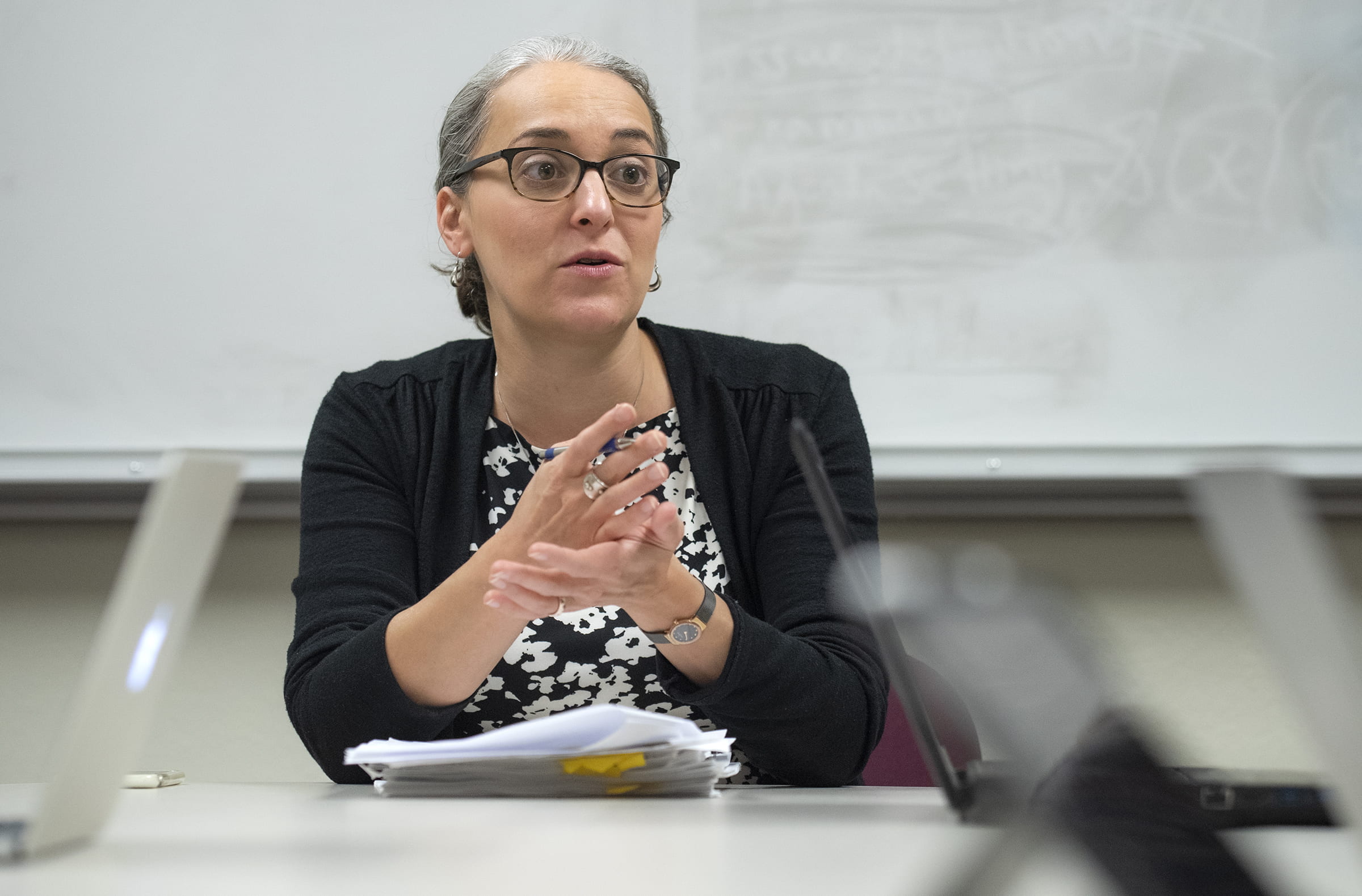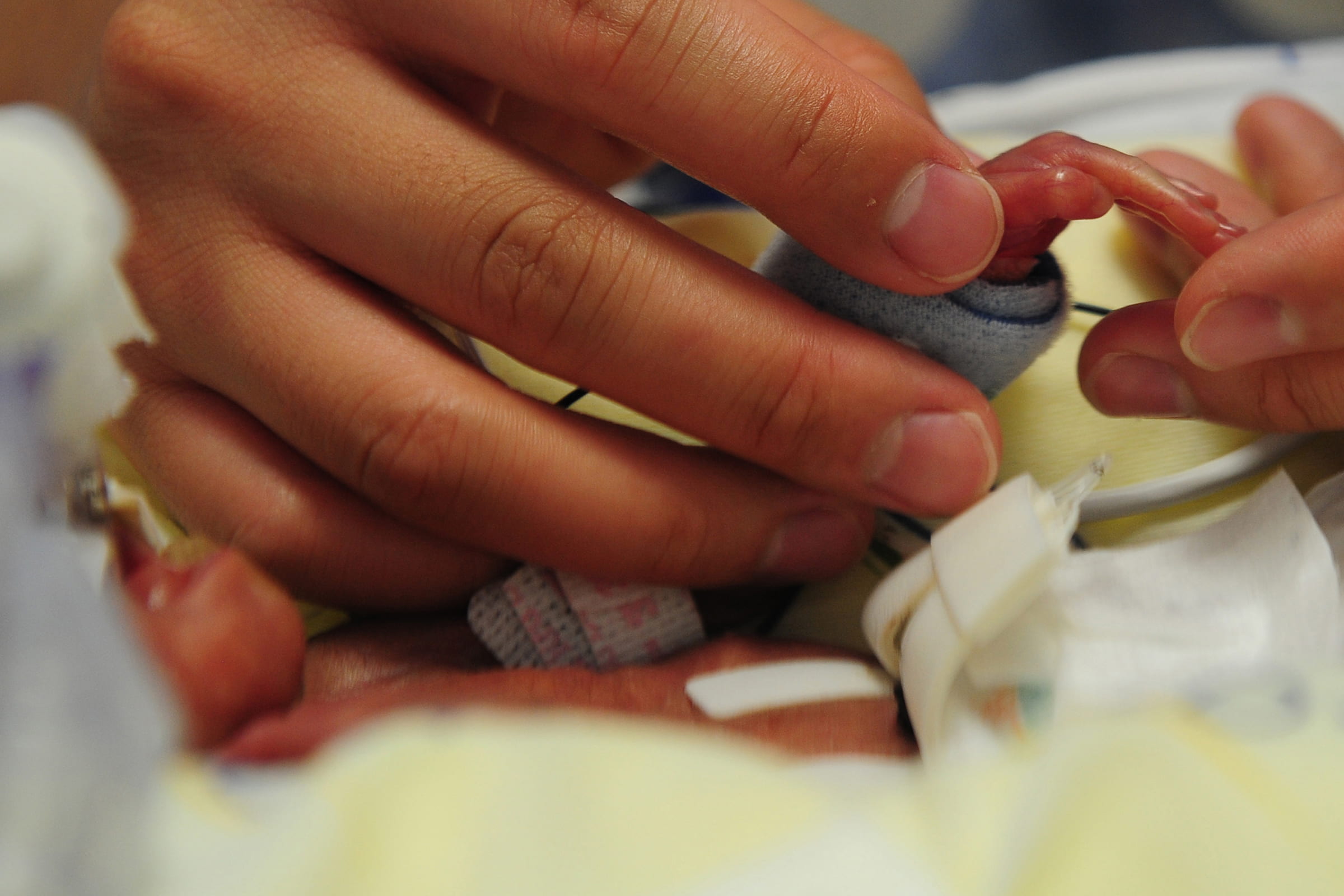UCI awarded $13.8 million federal contract to profile lipid nanoparticles
Findings will increase understanding of vaccine immune responses and side effects

Irvine, Calif., Sept. 26, 2022 – The University of California, Irvine has been awarded a five-year, $13.8 million contract from the National Institute of Allergy and Infectious Diseases to conduct detailed immune profiling of lipid nanoparticles to increase understanding of their role in enhancing vaccine protective responses and in causing side effects.
A UCI research team led by Philip Felgner, corresponding principal investigator and professor in residence of physiology & biophysics, will profile five LNP combination adjuvants – substances used to improve effectiveness – in vaccines used to fight influenza, chlamydia and Q fever. The project aims to discover how to maintain the powerful immune response while reducing side effects, which will benefit all vaccine modalities.
“The development of mRNA technology was made possible through the use of LNP and holds great promise in creating vaccines for influenza, chlamydia, Q fever and other infectious diseases. This field of science, fueled by the worldwide response to the COVID outbreak, foreshadows a revolution in gene therapy nanomedicine that is rapidly emerging,” said Felgner, who directs UCI’s Vaccine Research and Development Center. “As a mechanism to deliver drugs at specific sites, LNP are also being investigated for treating cancer and neurological conditions such as Alzheimer’s, strokes and traumatic brain injury, as well as for correcting genetic disorders such as sickle cell anemia.”
The team will perform pathogen comparative studies in mice against influenza, chlamydia and Q fever. Profiles of adjuvant combinations that work through different mechanisms will evaluate the strength, quality, extent and durability of immune responses.
Other principal investigators include Huw Davies, Lisa Wagar, Anthony Gregory, Luis M. de la Maza, Li Liang and Egest Pone from the UCI School of Medicine.
This work is supported by the National Institutes of Health’s National Institute of Allergy and Infectious Diseases under award number 75N93022C00054.
About UCI’s Brilliant Future campaign: Publicly launched on Oct. 4, 2019, the Brilliant Future campaign aims to raise awareness and support for UCI. By engaging 75,000 alumni and garnering $2 billion in philanthropic investment, UCI seeks to reach new heights of excellence in student success, health and wellness, research and more. The School of Medicine plays a vital role in the success of the campaign. Learn more by visiting https://brilliantfuture.uci.edu/uci-school-of-medicine.
About the University of California, Irvine: Founded in 1965, UCI is a member of the prestigious Association of American Universities and is ranked among the nation’s top 10 public universities by U.S. News & World Report. The campus has produced five Nobel laureates and is known for its academic achievement, premier research, innovation and anteater mascot. Led by Chancellor Howard Gillman, UCI has more than 36,000 students and offers 224 degree programs. It’s located in one of the world’s safest and most economically vibrant communities and is Orange County’s second-largest employer, contributing $7 billion annually to the local economy and $8 billion statewide. For more on UCI, visit www.uci.edu.
Media access: Radio programs/stations may, for a fee, use an on-campus ISDN line to interview UCI faculty and experts, subject to availability and university approval. For more UCI news, visit news.uci.edu. Additional resources for journalists may be found at communications.uci.edu/for-journalists.


